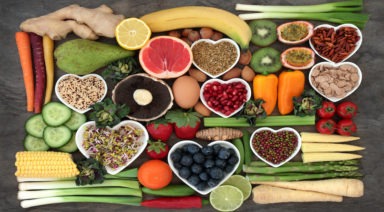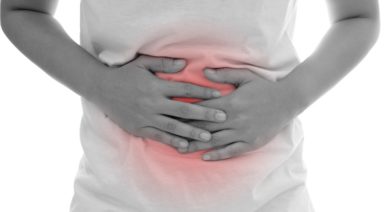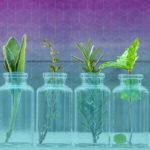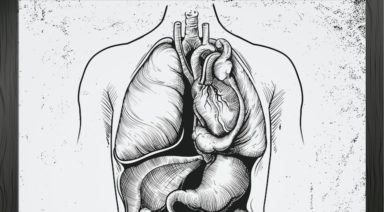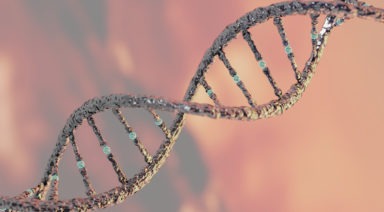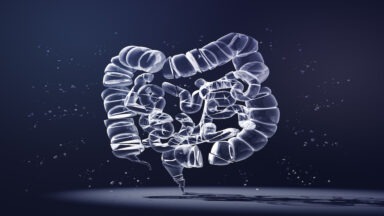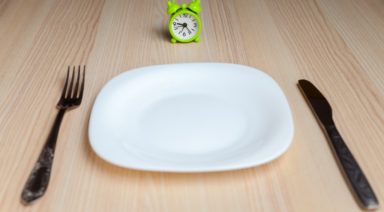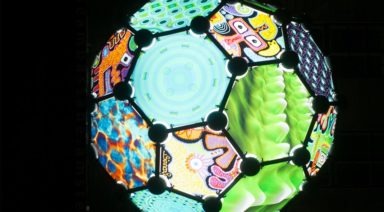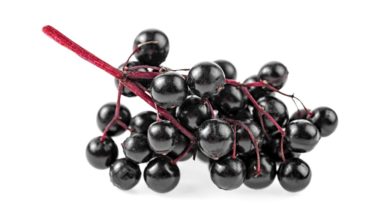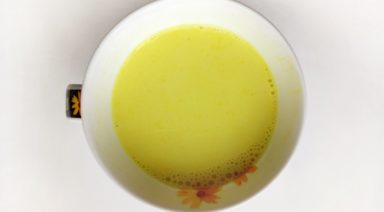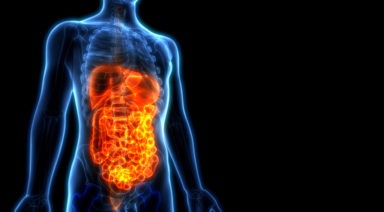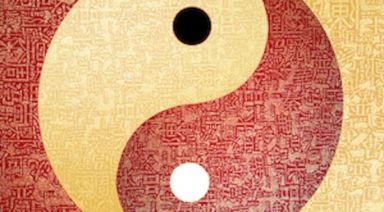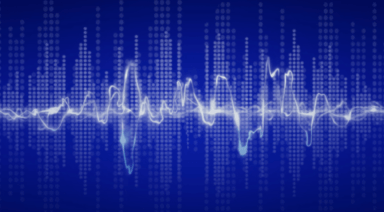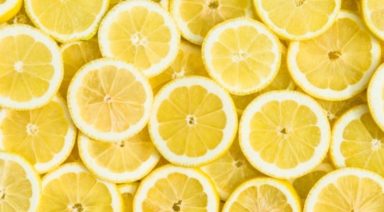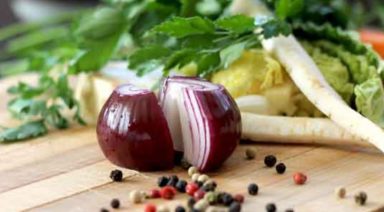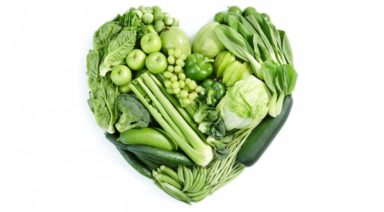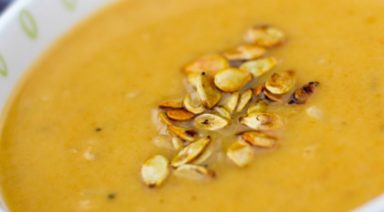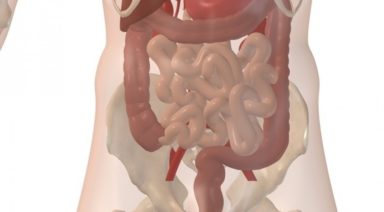Scientists Finally Finished Mapping the Human Genome
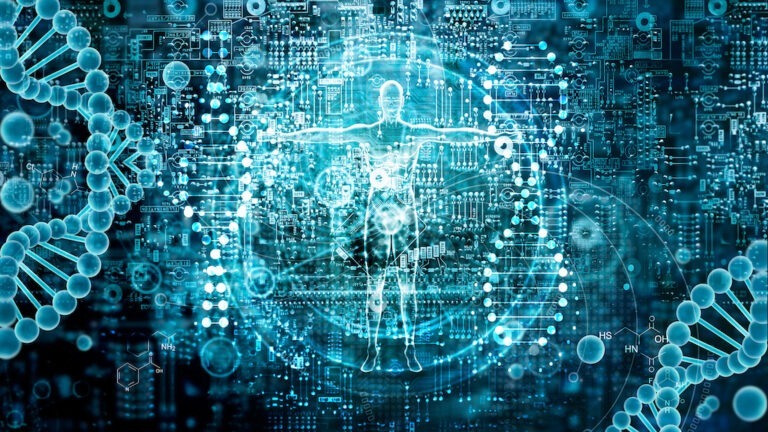
Scientists announce they have finally completed the map of the entire human genome. Will the information contained within unlock our true potential for health and wellbeing, or is there another more expansive perspective on the role genes play in our lives?
After decades of research, scientists have recently announced the completion of the human genome, what some call “the genetic instruction book.” Widely used for guiding biomedical research, many experts herald this as a crowning achievement in the field.
Dr. Bruce Lipton is a cellular biologist and a pioneer in the field of epigenetics, which takes a comprehensive, cutting-edge approach to the understanding of our relationship to our genes.
“Most people are really excited about the fact that the human genome has been deciphered; they’ve identified how many genes are in the human genome,” Lipton said. “The original reason for the human genome was, it was thought the genes control all the characteristics of our life and therefore if I had a compendium of all the genes I could fix anybody who has a characteristic they want to change. Francis Crick, one of the cofounders of the story, came up with something called “the central dogma,” the belief that genes are the source of biological information.
“They’re translated into another form of nucleic acid called RNA. So, DNA goes into RNA which is like a xeroxed copy of the DNA, and then the RNA is used as a template to make the proteins of the body,” he said. “According to the central dogma, information only flows in one way — it flows from the DNA to the RNA to the protein. This led to an understanding called ‘genetic determinism.’ Genetic determinism is the belief that the genetic blueprint of your life is carried by the DNA that you inherited at the moment of conception.”
This “genetic determinism” was the prevailing theory of genetics for many decades. Lipton was one of the first to challenge it, beginning some 40 years ago.
“The central dogma was never proven scientifically. The central dogma was a suggestion and a hypothesis,” Lipton said. “Now, there’s a new science that really undermines that whole story of the central dogma, and the story is called ‘epigenetics.’ Cancer is under genetic control, so genes control cancer. The new science is that cancer is under epigenetic control. Well, ‘epi’ means above, and I say, epigenetic means above the gene control. Genes do not turn on and off; genes are blueprints. Genes can be read or not read, but the genes don’t determine which one is going to happen.”
According to epigenetics, what does determine what will happen?
“The environment, and more importantly, this is important, our perception of the environment — it’s the information that controls our genes. Change your environment and you change your genetic activity. Change your belief about life and you can change your genetic activity. Now, there’s something even more important and that is this: the old story is that a gene is a blueprint that makes a protein, fact. The human genome project has been whittled down to that humans have about 20,000 genes; there are over 100,000 different proteins and only 20,000 genes! Where’d all the other proteins come from?” Lipton asked.
“It turns out, how we respond to the environment —our perceptions of the world — can alter our genetic blueprint, so that a single gene blueprint can be used to create over 3,000 different proteins from the same blueprint.”
For Lipton the implications of this understanding are profound.
“Under genetic determinism, we are the victim, the gene creates your life. Then all of a sudden we go from victim to mastery, but you have to do it with knowledge. If you have no knowledge of epigenetics but are programmed with the belief that you are a victim of your heredity, then your belief about your family’s heredity becomes your life. Because if you understand you are the creator, then guess what? For the first time, if you understand the nature within, you have the power to change the creation.”
So how do we go about getting beyond programmed thinking and become masters of our genes?
To find out be sure to watch Part 2 of this Gaia News special investigation.
Top 10 Cleansing Foods for a Natural Detox

Feeling lethargic and constantly bloated no matter how much you exercise? It may be time to jumpstart your body and give it a fresh start with an all-natural detox. Toxins are everywhere – from household cleaners to deodorants – and they can have a negative impact on your health. From getting sick more often to never losing that last 5 lbs., toxin build-up causes your body to waste valuable energy on basic functions.
While some may say the more you sweat, the more toxins you release, this isn’t necessarily true. More exercise may help you lose weight and feel better, but toxin removal only comes when you flush your body’s system from the inside out. By substituting a few of your regular snacks with “cleansing foods,” your body will function more effectively and thank you in the long run.
Recently, detox pills and powders have become all the rage, but they’re unsustainable in the long run. They may help you lose weight fast, but your body will ultimately rebound and they may have harmful long-term effects. The key to success is working healthier choices into your daily routine until they become second nature.
Natural detox foods contain molecules that cling onto toxins and carry them out of your body. While all cleansing foods have an overall purifying effect, specific foods are extra helpful to specific areas of the body. Natural detox foods are everywhere and you might just be surprised at how tasty they can be. Take a look at our top 10 favorite cleansing foods and get your body back on track.
Beets
How they help:
Although beets have fairly high sugar content compared to other vegetables, a few beetroots can go a long way. One of our favorite natural detox foods, beets contain a group of antioxidants called betalains, which are excellent for detoxifying your body, and more specifically your liver. Beets also contain a high concentrate of betaine, which helps to reduce liver inflammation.
The antioxidants found in beets support the liver’s phase 2 cleansing when toxins are chemically transformed into a water-soluble form that can be excreted through urine. On top of this, beets are also high in immune-boosting vitamin C, vitamin B folate, fiber, potassium and manganese. Just a few benefits you might see are reduced blood pressure, reduced inflammation, enhanced stamina, and increased liver function.
How to use them:
More than just a tasty side dish, beets can be worked into your diet in a number of ways. Trying adding beet juice to your morning smoothie or as a mid-workout drink to help keep your energy up. If you want to go the more traditional route, a cup of cooked beets contains only about 60 calories and with a healthy dose of fiber, will keep you feeling full.



